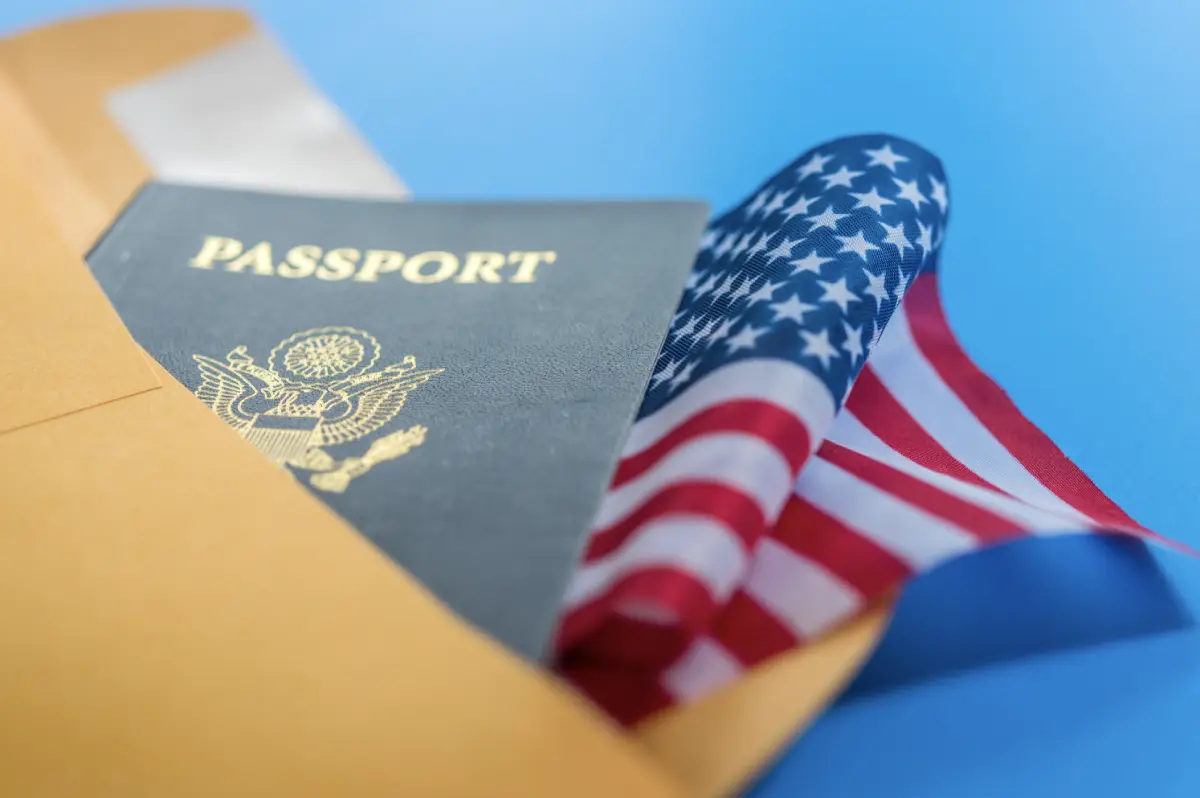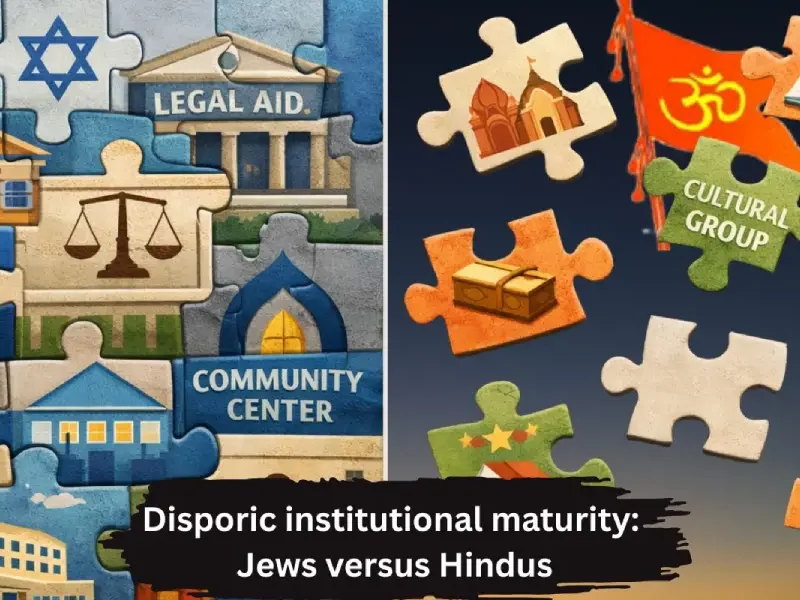
What Does Trump’s Birthright Citizenship Order Mean for Immigrants?
By Selen Ozturk
The weeks since President Trump’s inauguration has brought a near-daily slurry of executive orders — including one ending birthright citizenship.
The order, issued on the first day of Trump’s presidency, January 20, argued that the policy granting automatic citizenship to babies born on U.S. soil — as ensured by the 14th Amendment of the Constitution granting citizenship to people “born or naturalized in the United States and subject to the jurisdiction thereof” — does not include people with no U.S. citizen parent.
Although the order is effective February 19, at least eight lawsuits have been filed against it by at least 22 states and several civil rights organizations, and three federal judges in Washington, Maryland and New Hampshire have blocked it.
The order would apply if a child’s mother were undocumented or had a legal but temporary immigration status, and if the father were not a U.S. citizen or a legal permanent resident.
How many immigrants may have their citizenship stripped, were the order to take effect?
About 17.6 million U.S. youth under age 18 lived with at least one immigrant parent in 2022, comprising 26% of all 68.6 million U.S. youth, up from 24% in 2010, 19% in 2000 and 13% in 1990.
Of these youth, 4.4 million live with an undocumented immigrant parent.
An estimated 1.3 million U.S.-born adults age 18 and over were children of undocumented immigrants in 2022.
“Historically, the idea of something being one’s birthright meant something exclusionary, like an inheritance of rare wealth or status,” said Shanti Elise Prasad, campaign manager for Stop AAPI Hate, at a Tuesday, February 11 town hall on Trump’s birthright citizenship order hosted by the organization.
That Tuesday, Trump took the Maryland federal judge’s nationwide block on his order to the 4th U.S. Circuit Court of Appeals, a sign that he is likely to challenge the Washington and New Hampshire injunctions as well.
“The idea of birthright citizenship flips the script, giving everyone the same right, not a gift or privilege, the day they are born in America, independent of who their parents are,” Prasad added. “It’s fundamental to the dream of America and what it means to be an American.”
The 14th Amendment was ratified in 1868, after the Civil War, with the intention of granting full citizenship rights to freed African American slaves; its birthright citizenship clause has since been interpreted to include all U.S.-born children, regardless of parental immigration status.
The birthright amendment was challenged in a landmark Supreme Court case 30 years later, in 1898, after Wong Kim Ark, a man born to Chinese parents in San Francisco in 1870, was detained upon returning from a trip to China and told he wasn’t a U.S. citizen because his parents weren’t.
The Supreme Court ruled in favor of Wong that year, affirming that all U.S.-born children are U.S. citizens.
“When I found out about my family’s history, I thought it was history. But now it’s become a very contemporary threat, and it will disenfranchise millions of us,” Wong’s grandson Norman Wong said at the town hall.
“If we’re to be free in this country, if we’re to keep this country together, we need to be welcomed,” he added.
The U.S. is among at least 33 countries where birthright citizenship applies; most are in the Americas, with Canada and Mexico among them.
While the president can’t change the Constitution alone through an executive order, the Constitution can be amended by a two-thirds Congressional majority vote.
Cecilia Wang, national legal director of the American Civil Liberties Union (ACLU), which filed the first of the lawsuits challenging the birthright citizenship order, two hours after it was released, said of her case “Not only were there pregnant women immigrants involved whose children would be affected by the executive order but our plaintiffs were involved with organizations all of which had members who would be affected by the order.”
The organizations involved in the ACLU New Hampshire suit include New Hampshire Indonesian Community Support, Make the Road New York, Asian Law Caucus, State Democracy Defenders Fund and LULAC, the largest community-based Latino organization in the country.
“In attacking minority communities, he’s putting forth an exclusive view of what it means to be American and attacking ‘E pluribus unum,’ ‘Out of many, one,’” Wang continued. “There’s no doubt that Trump went after birthright citizenship for the same reason he’s going after other anti-discrimination laws.”
These include orders rolling back Diversity, Equity and Inclusion initiatives and a January 21 order rescinding Lyndon Johnson’s Executive Order 11246, which had maintained anti-discrimination and affirmative action laws for race and gender among federal contractors and subcontractors.
Even aside from the lawsuits against it, implementing the birthright order would require a complete rework of the current system for issuing birth certificates and passports.
“Trump has control over the Department of State, which issues passports, but when a child is born in the U.S., the state issues a birth certificate, and states don’t ask about the parents immigration status,” added Wang. “If they start requiring proof of the parents’ immigration or nationality, that means everybody applying for a passport now has to provide that proof from their parents.”
“This isn’t just an immigration policy shift. It’s a calculated move within a larger authoritarian playbook aimed at shrinking democratic participation, creating a permanent underclass and expanding right wing control,” said Manjusha Kulkarni, co-founder of Stop AAPI Hate.
“We simply wouldn’t be where we are today without birthright citizenship,” she continued. “It has given generations, millions of us, the ability to build lives and raise families here without a fear for our futures, with equality for all children.
“This attack on our families is an attack on our identity as Americans,” Kulkarni added. (ETHNIC MEDIA SERVICES)



